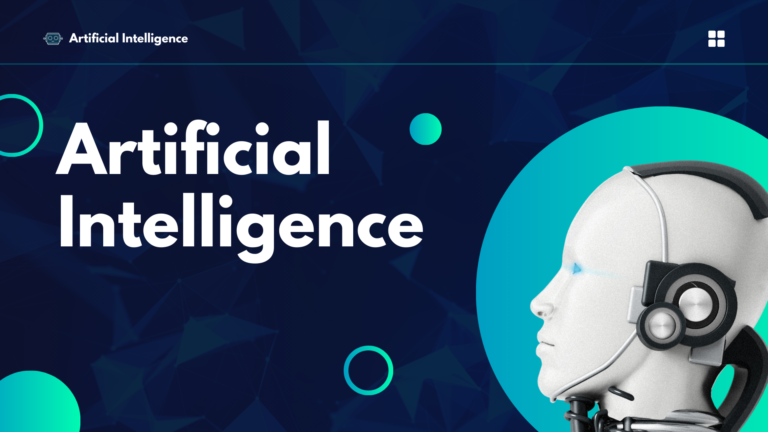Roadmap data engineer
Data engineering can be extremely difficult, requiring a wide range of resources, and ideas to succeed. You can use this guide as a compass. We’ll guide you through the roadmap data engineer and every stage of creating a strong data engineering portfolio, from setting the groundwork with programming languages to delving into big data tools and cloud computing. This article intended to help you become better prepared for the difficulties that lie ahead and to make data engineering more approachable.
Data engineering: what is it?
The main goal of data engineering is to create intelligent systems that can manage vast amounts of data. It’s the skill of building pipelines that take data from multiple sources and transform it into a form that can be used and analyzed. These pipelines are essential for obtaining insights that show how a company is doing, from increasing outreach and sales to comprehending client behavior. In many contexts, data engineers are indispensable. They design systems that collect, manage, and convert unprocessed data into meaningful insights. Their main goal is to make data more easily accessible so that businesses may more effectively assess and improve their operations. There are obstacles to overcome when beginning the journey to become a data engineer.
Responsibilities of a data engineer
Data engineers gather and process data using algorithms in order to fulfill business requirements and produce insights that may be put to use.
Architecture development and maintenance: They use extract, transform, and load (ETL) methodologies to construct, test, and manage scalable database and data warehouse infrastructures.
Coordination and strategic planning: To make sure that data strategies complement business goals, management and data engineers work together.
Tools for data analysis and validation: To guarantee the usefulness and quality of the data, they create new techniques for data analysis and validation.
Data engineers ensure compliance with security and data governance regulations by applying machine learning to improve security and refining inaccurate data for analysis.
What prospects does a profession in data engineering have?
Companies look for specialists to efficiently handle data. Business managers recruit data engineers as a result of this. Data scientists and analysts can create better business strategies by working with raw data that data engineers process, clean, and prepare for analysis. Prominent technology firms, such as Accenture and Amazon, are making large investments to draw in qualified data engineers.
Is a career as a data engineer a good fit? Data engineering is unquestionably a top choice if you’re looking for a well-paying, in-demand career that is at the forefront of technological breakthroughs and across numerous sectors.
A perfect guide to become a data engineer
To become a proficient data engineer, you must have a well-thought-out plan that will enable you to move forward with assurance. How should one develop those skillset?
Here are the few steps mentioned
Start with the fundamentals of data engineering.
It can appear difficult and hard to become a data engineer. But it’s crucial to establish a solid basis for oneself. Python and SQL are crucial in the field of software engineering, and a strong understanding of these languages is required. Start using Python to create a solid foundation before moving on to the principles of SQL. Learn to Code: Python for Absolute Beginners provides a fun introduction to the language for people who are unfamiliar with it by going over a variety of topics through interactive sessions.
Become knowledgeable about database management systems.
Due to its increasing demand, proficiency in the SQL language makes up a significant portion of a data engineer’s qualifications. It is essential to introduce yourself to important storage components like relational databases, which are renowned for having robust transactional capabilities.
Big data tool are quite helpful
To manage massive datasets as a data engineer, you must become proficient with big data tools like Apache Hadoop, Spark, Kafka, Airflow, and MongoDB. These instruments are critical for processing data in batches as well as in real time, enhancing expertise in cloud computing. Gaining practical expertise with these technologies—especially with Apache Spark for batch data—will better equip you to manage large datasets in cloud contexts.
Familiarize yourself with cloud computing
For data engineers, cloud computing—especially with the help of industry titans like AWS, GCP, and Azure—has become indispensable. These systems provide a package of tools necessary for effectively managing big data in addition to the flexibility of scaled resources. A working knowledge of DevOps and CI/CD methods is becoming essential, as the industry shifts more and more toward cloud solutions over traditional settings. Gaining certifications and understanding the principles of cloud computing will greatly improve your skills and marketability in this industry.
Recognize data visualization and machine learning
Having a rudimentary understanding of machine learning techniques can undoubtedly provide an advantage. Streamlining data preparation and creating effective data pipelines are key components of data engineering’s integration of machine learning. Although not necessary, having a firm understanding of deep learning and machine learning can be quite helpful, particularly as data scientists and data engineers frequently collaborate closely. Gaining knowledge about machine learning can improve teamwork and the overall effect of your work.
Start looking for vacancies and apply for jobs
The very first step in starting a career to become data engineer is to concentrate on developing a strong portfolio of completed projects that highlight your abilities.
Since data engineering positions are highly sought after in a variety of sectors, there is no one-size-fits-all strategy for getting your first job. You should be someone who is eager to learn and adaptable. Look through employment boards for a variety of positions related to data engineering, expand your education to get more skills, and think about getting certified to make a difference. To improve your chances of landing your ideal employment in this cooperative and dynamic environment, keep learning and using what you’ve learned to work on real-world projects.








